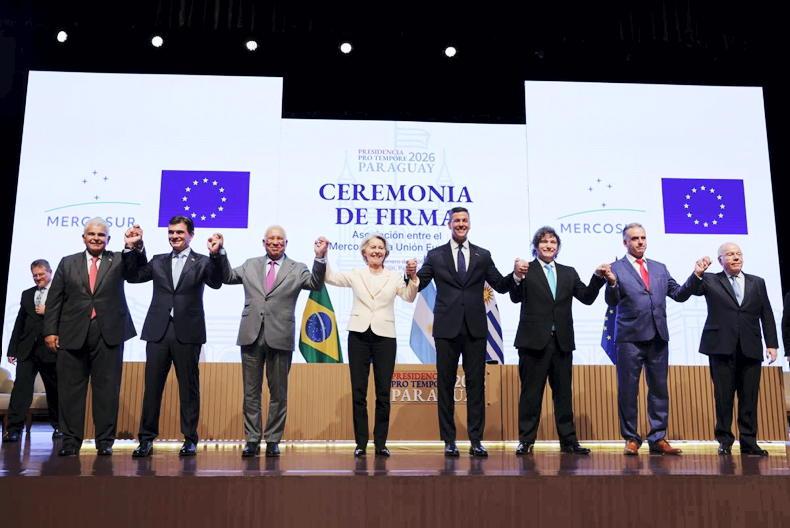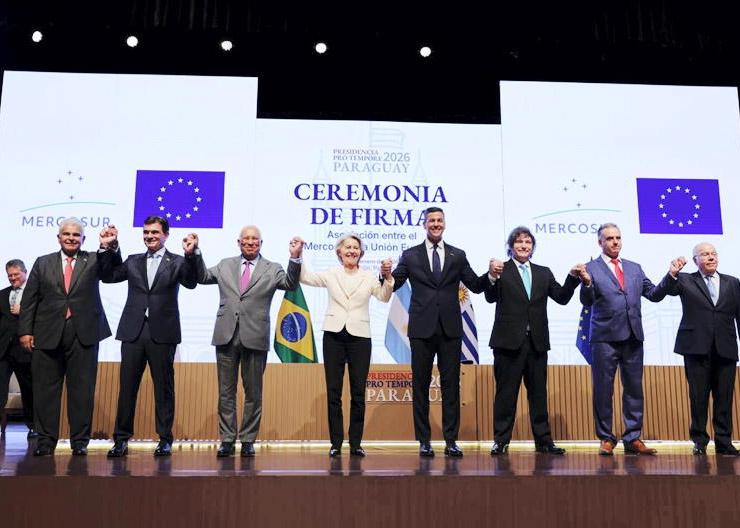The European Parliament voted on Thursday in favour of a resolution calling for an urgent EU-wide action plan to be drawn up to ensure food security is maintained amid disruptions to the supply chain arising from Russia’s invasion of Ukraine.
The move also recognised that EU food security is linked to that of the Middle East and north Africa.
Eight of Ireland’s 13 MEPs voted to support the resolution, with these being the MEPs from the Fine Gael, Fianna Fáil and Sinn Féin parties.
An amendment to the resolution was passed calling for a comprehensive food security impact assessment to be conducted on the objectives of the EU’s environmental policies – with the Farm to Fork and Biodiversity strategies specifically mentioned in the MEPs’ decision.
MEPs also insisted that the European Commission must take the impact assessments of these strategies already published by “internationally recognised research institutes” into account when implementing the strategies.
Last month, the Irish Farmers Journal published the results of three studies conducted on the Farm to Fork strategy’s expected impact on agricultural production.
The group proposing the resolution had sought to have the “targets and timetable” of these policies reviewed in light of the renewed emphasis on agricultural production across Europe.
This production-focused change to the resolution move was rejected by the MEPs, however.
Irish votes explained
Some Irish MEPs stated to the Irish Farmers Journal that they did not support a full review of the targets of the Biodiversity or Farm to Fork strategies, as this could “water down” environmental ambitions when current indications do not suggest food security is faced with an immediate threat.
Chris MacManus and Barry Andrews were two of these voters, telling the Irish Farmers Journal that an impact assessment would be the more appropriate route to ensuring food security across the EU at this time.
Ciaran Cuffe and Grace O’Sullivan, Ireland’s two Green representatives in Europe, both stated that they had voted against the overall resolution as it would not increase the sustainability of EU agriculture.
An alternative resolution was tabled by the Greens but rejected overall. This resolution would have seen calls for the EU to become less dependent on importing inputs for the agricultural sector through a renewed focus on sustainable farming practices.
The Greens were joined by Independent MEPs Clare Daly and Mick Wallace in voting for an amendment which called for a reduction in livestock numbers across Europe. This amendment sought to “limit the amount of crops fed to livestock” .
€500m ‘not enough’
Co Louth dairy farmer and MEP Colm Markey told the Irish Farmers Journal that the mobilisation of the EU’s €500m crisis reserve would not provide enough cash to tackle the challenges posed to farmers by supply chain disruptions and rising input costs.
He stated that he had written to the Commissioner for Agriculture Janusz Wojciechowski calling for further funds to be added to the €500m crisis reserve envelope, as well as asking for schemes to be introduced to support farmers in liming, incorporating clover and establishing multispecies swards.
The MEP also said that a support measure for co-operatives and merchants should be introduced as market uncertainty and financial risk is reducing the quantities of fertilisers being bought by traders, lowering the volumes available for Irish farmers to buy.
MEP Chris MacManus echoed this call for an increased crisis reserve, reminding farmers that the monies allocated to the crisis reserve had been deducted from farm payments in the first place, rather than being a new source of funds.









SHARING OPTIONS